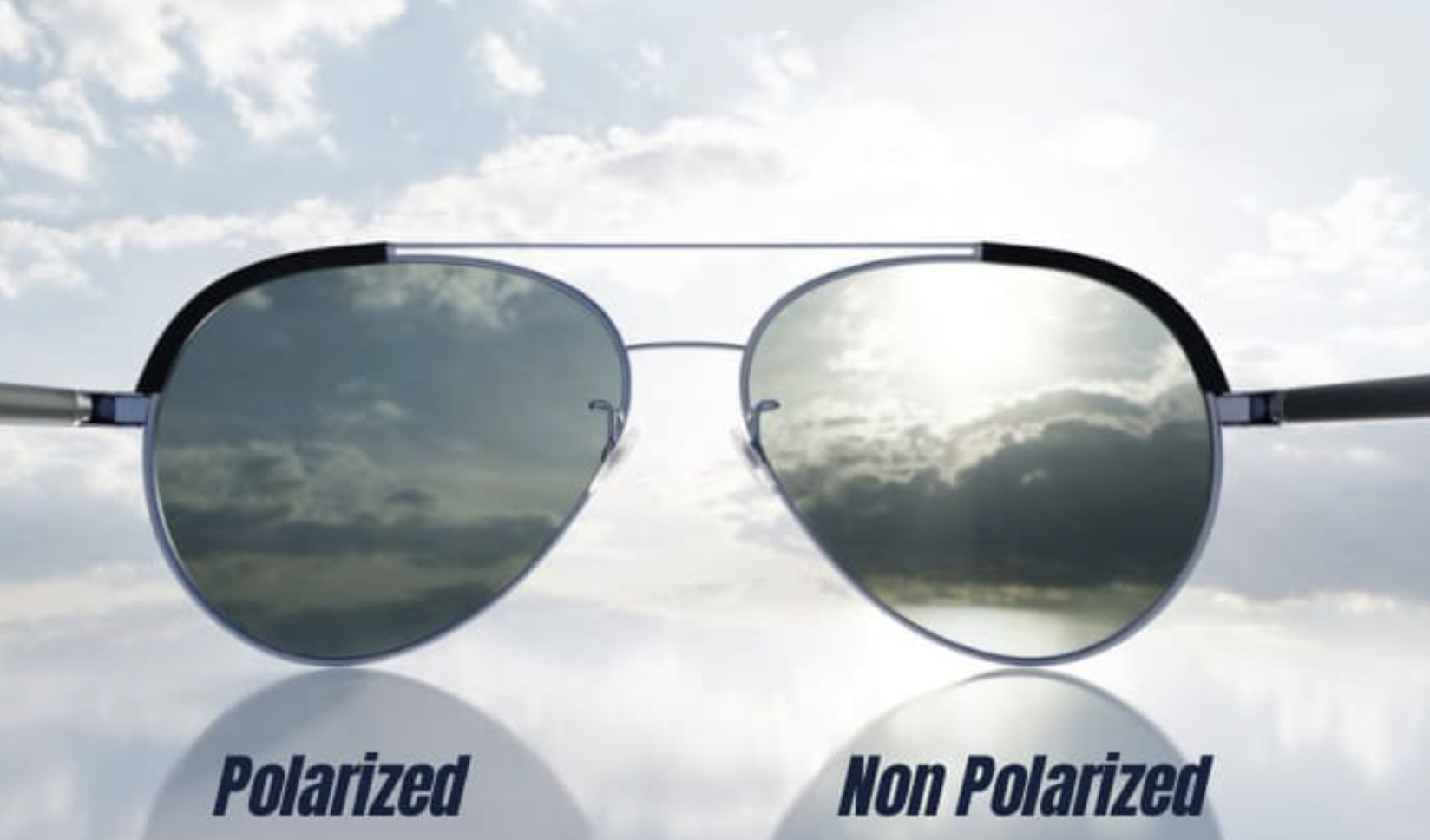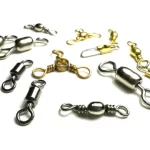When it comes to fishing, having the right eyewear can make all the difference in spotting that elusive catch. Polarized and non-polarized sunglasses are two popular choices among anglers, each offering its own set of benefits. Let’s dive into the comparison to help you decide which option is best suited for your fishing needs.
Overview of Polarized vs. Non-Polarized Lenses:
- Polarized Lenses: Equipped with a polarizing filter, polarized lenses excel in reducing glare from reflective surfaces like water and snow. They offer clearer vision and reduced eye strain, making them ideal for activities like fishing, boating, and driving.
- Non-Polarized Lenses: These tinted glasses provide UV protection and minimize eye strain by blocking intense light. While they offer some glare reduction, they may not be as effective as polarized lenses in bright conditions.

Key Differences:
- Glare Reduction: Polarized lenses excel in reducing glare, while non-polarized lenses offer only slight to no reduction.
- Light Transmission: Polarized lenses may reduce overall light transmission, making them less ideal for low-light conditions. Non-polarized lenses maintain the original brightness of the surroundings.
- Outdoor Activities: Polarized lenses are recommended for fishing, boating, and driving but may not be suitable for skiing due to reduced glare from ice. Non-polarized lenses are more versatile and can be used for various outdoor activities.
- Price: Polarized lenses are generally more expensive than non-polarized ones due to their specialized features.
Pros and Cons:
- Polarized Fishing Sunglasses:
- Pros: Effective glare reduction, enhanced visibility, reduced eye strain.
- Cons: Reduced visibility in low-light conditions, may interfere with digital screens.
- Non-Polarized Fishing Sunglasses:
- Pros: Maintain brightness in low-light conditions, no interference with digital screens.
- Cons: Limited glare reduction.

Recommended Brands:
- Costa Del Mar
- Oakley
- Maui Jim
- Smith Optics
- Wiley X
How to Test for Polarization:
- Hold the glasses near a reflective surface to check for reduced glare.
- Wear two pairs simultaneously and observe clarity.
- Look at an LCD screen to assess visibility.
- Check for a dark sticker on one lens and tilt to confirm polarization.
When it comes to choosing between polarized and non-polarized fishing sunglasses, consider your specific needs and fishing conditions. Polarized lenses are ideal for glare reduction and enhanced clarity in bright environments, while non-polarized lenses offer versatility and UV protection. Ultimately, the right choice depends on your preferences and fishing style. So, gear up with the perfect eyewear and enjoy your fishing adventures with clear vision and optimal comfort!
Images/Source: FishSafe





